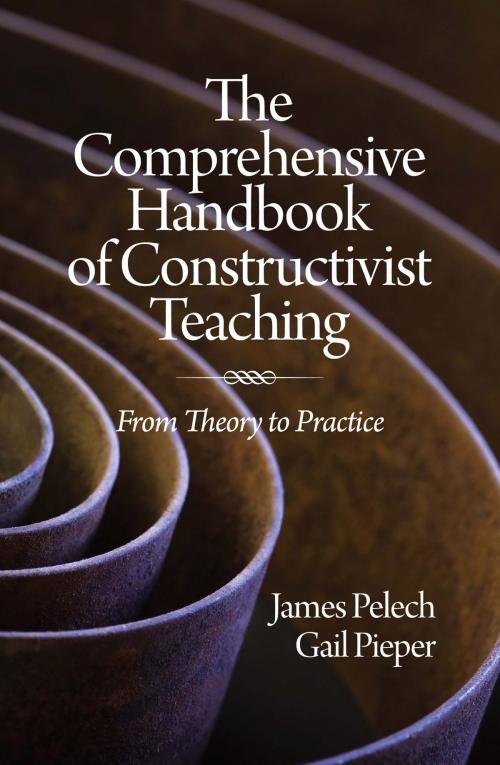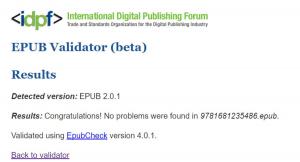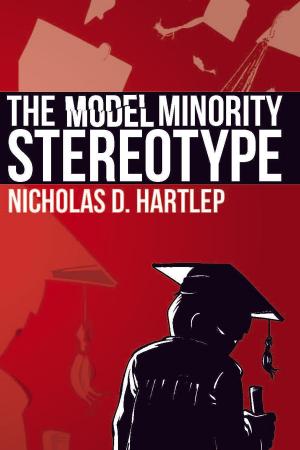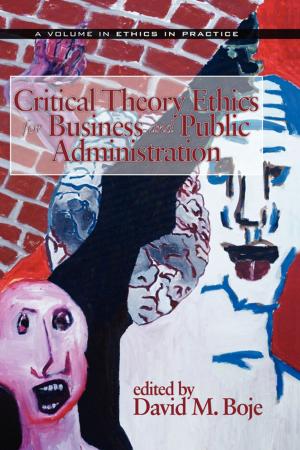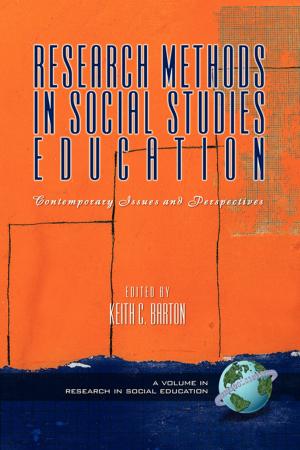The Comprehensive Handbook of Constructivist Teaching
From Theory to Practice
Nonfiction, Reference & Language, Education & Teaching, Higher Education, Teaching, Teaching Methods| Author: | James Pelech | ISBN: | 9781607523765 |
| Publisher: | Information Age Publishing | Publication: | February 1, 2010 |
| Imprint: | Information Age Publishing | Language: | English |
| Author: | James Pelech |
| ISBN: | 9781607523765 |
| Publisher: | Information Age Publishing |
| Publication: | February 1, 2010 |
| Imprint: | Information Age Publishing |
| Language: | English |
While many people talk about the Constructivist philosophy, there has not been a publication that provides a detailed description of what a Constructivist classroom sounds like and looks like. This book fills that void by examining the philosophy, translating it into teaching strategies, and providing over forty examples. These examples come from the elementary level up to and including the collegiate level, and include all content areas. These examples show how the Constructivist educator uses the linguistic mode, the visual mode, and the kinesthetic mode to create a class environment in which the Constructivist philosophy flourishes. Examples of student work are provided; the book also includes chapters on notetaking, ProblemBased Learning (PBL), action research, and other Constructivist resources. Written in userfriendly form, this book presents a concrete and step by step approach for translating the Constructivist philosophy into classroom practice. This book is intended for every Constructivist researcher, practitioner, and teachereducator. The researcher and teachereducator will benefit from topics such as the history of Constructivist thought, the principles of Constructivism and action research. This book is more than a list of recipes, and this will be beneficial to the practitioner. Starting with the principles of Constructivism, and bridging to four basic teaching strategies, the practitioner is guided on how to use different learning modes and “metastrategies” to create a true Constructivist practice. An educator’s life is made up of one’s philosophy, teaching principles, daily strategies, resources, and research tools. This book provides an indepth look, from the Constructivist perspective, at each one of these components. In every sense of the word, this book is truly “comprehensive.”
While many people talk about the Constructivist philosophy, there has not been a publication that provides a detailed description of what a Constructivist classroom sounds like and looks like. This book fills that void by examining the philosophy, translating it into teaching strategies, and providing over forty examples. These examples come from the elementary level up to and including the collegiate level, and include all content areas. These examples show how the Constructivist educator uses the linguistic mode, the visual mode, and the kinesthetic mode to create a class environment in which the Constructivist philosophy flourishes. Examples of student work are provided; the book also includes chapters on notetaking, ProblemBased Learning (PBL), action research, and other Constructivist resources. Written in userfriendly form, this book presents a concrete and step by step approach for translating the Constructivist philosophy into classroom practice. This book is intended for every Constructivist researcher, practitioner, and teachereducator. The researcher and teachereducator will benefit from topics such as the history of Constructivist thought, the principles of Constructivism and action research. This book is more than a list of recipes, and this will be beneficial to the practitioner. Starting with the principles of Constructivism, and bridging to four basic teaching strategies, the practitioner is guided on how to use different learning modes and “metastrategies” to create a true Constructivist practice. An educator’s life is made up of one’s philosophy, teaching principles, daily strategies, resources, and research tools. This book provides an indepth look, from the Constructivist perspective, at each one of these components. In every sense of the word, this book is truly “comprehensive.”
